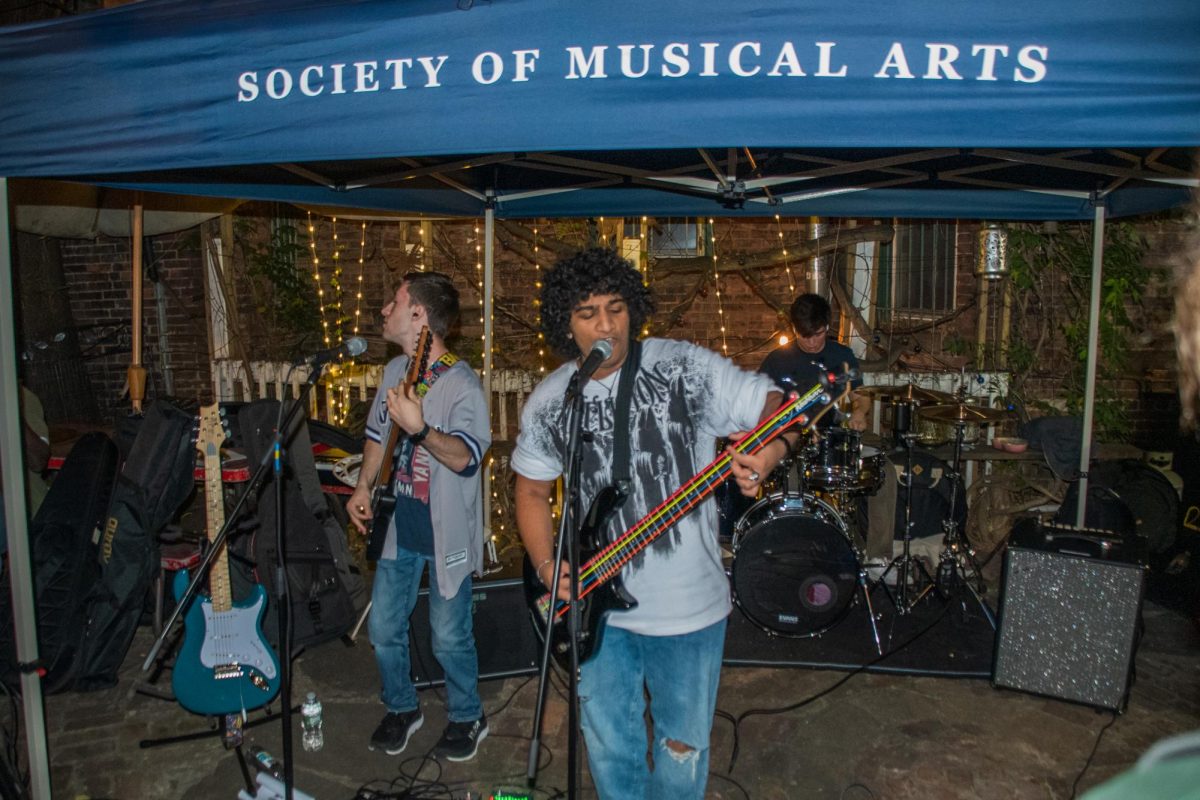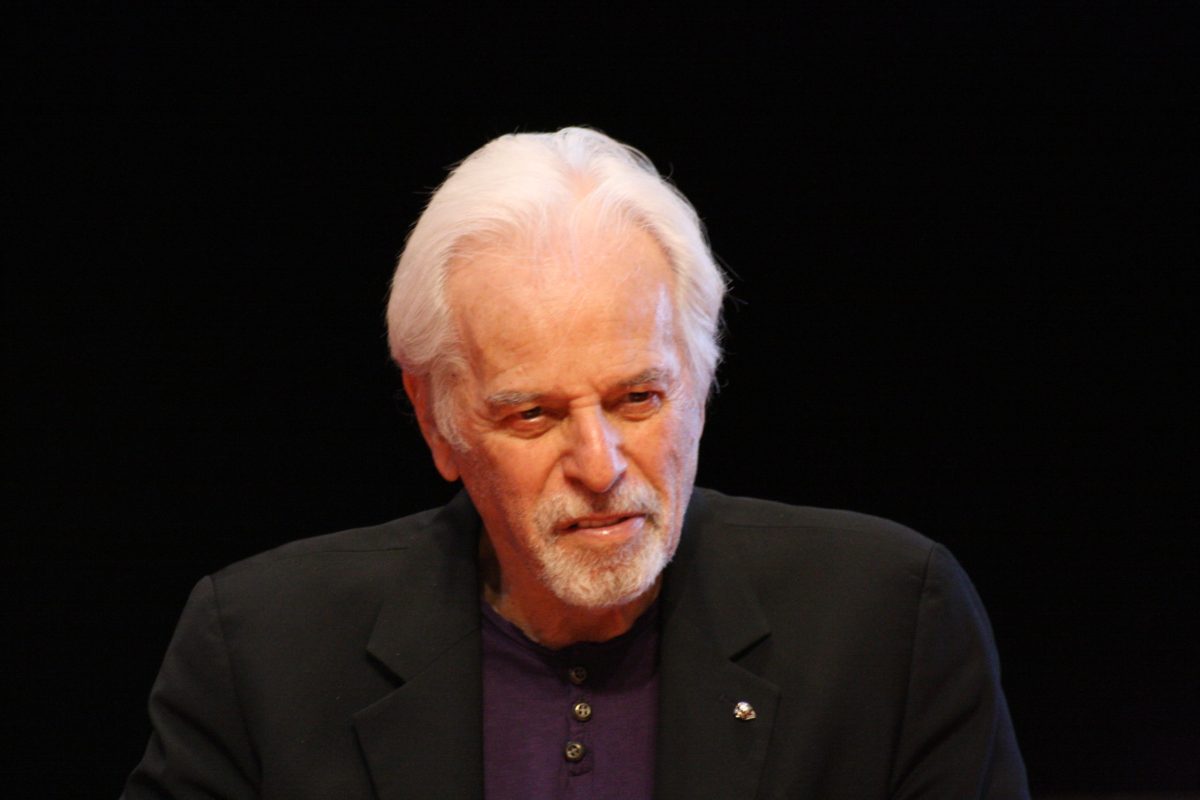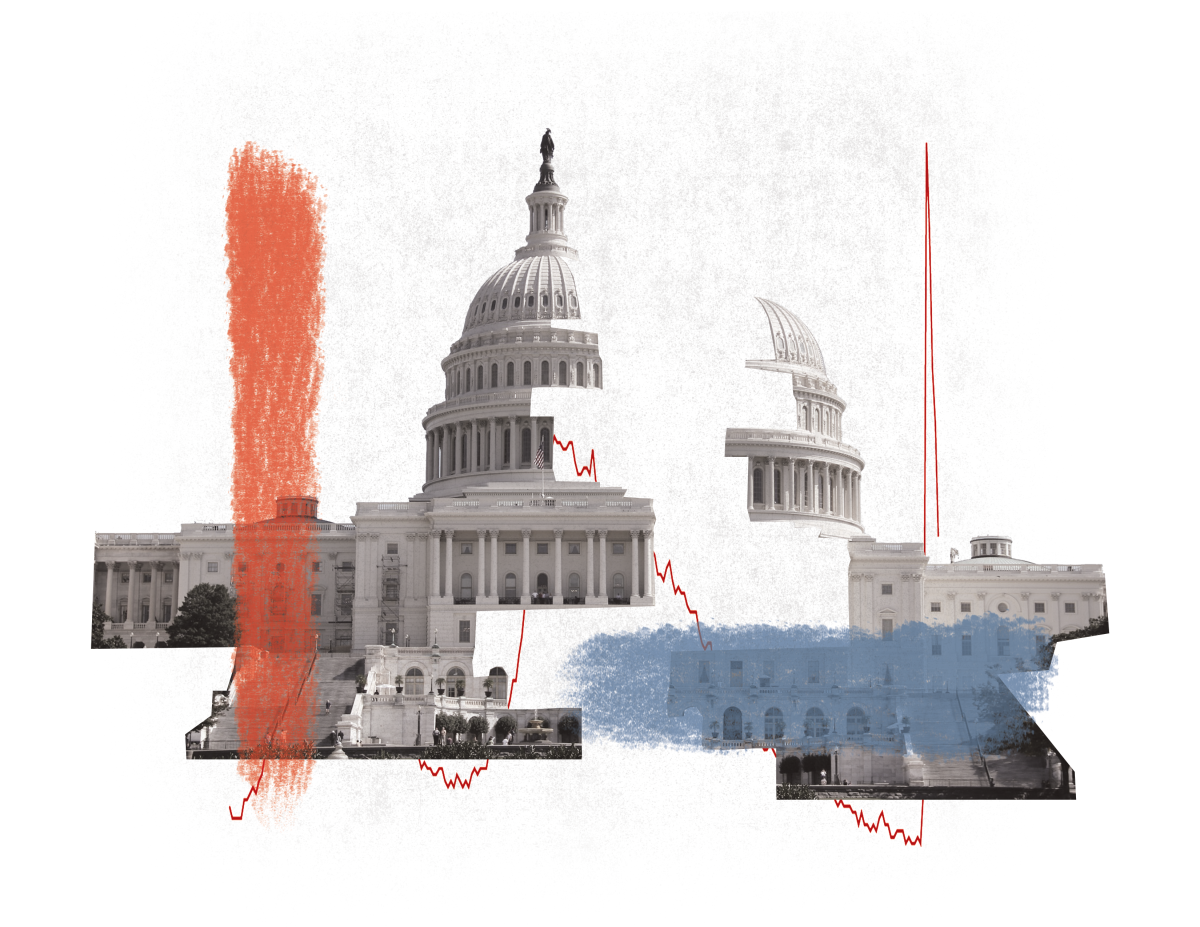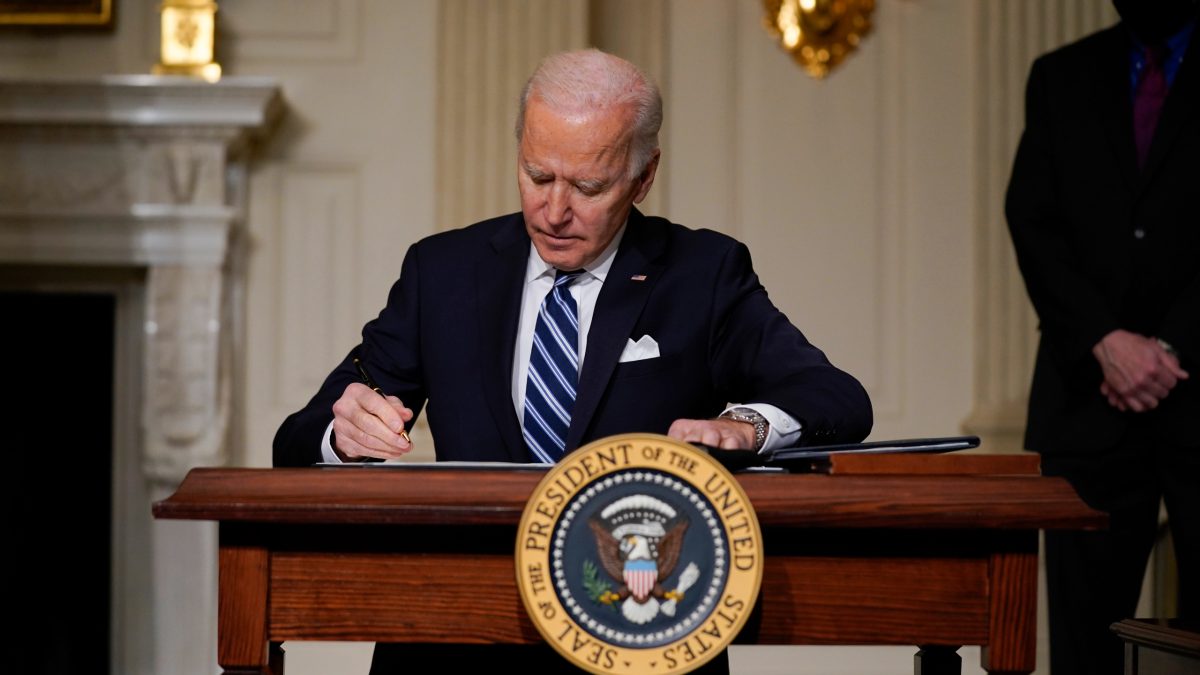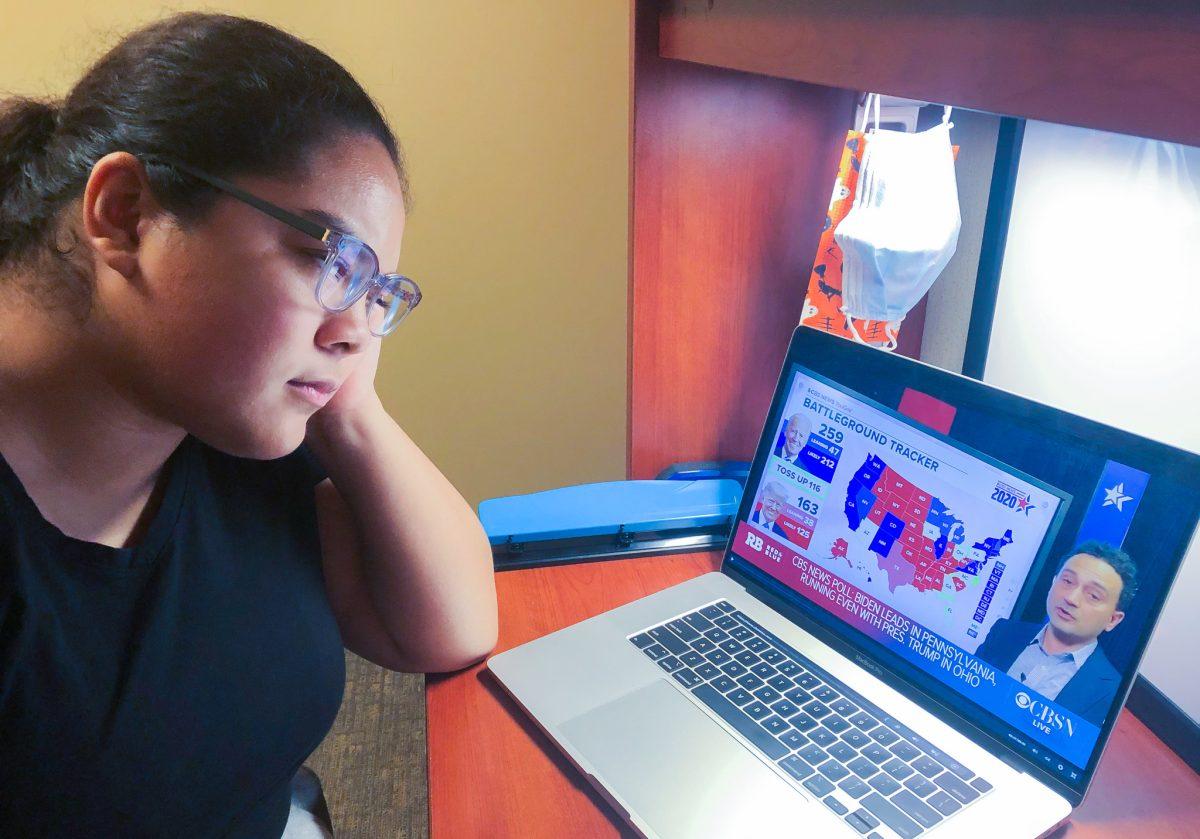When I think about why we do not hear from male victims of sexual assault or harassment in the media, I immediately think of a Saturday Night Live skit.
In this skit, Pete Davidson plays a 15-year-old high school student on the witness stand for a trial against his teachers. His two female teachers committed statutory rape by sleeping with him, and he’s asked to testify about the event. Davidson is ecstatic: he recounts how happy he was driving there, how he told the whole school, and how the event even brought his estranged father and grandfather together. The judge, played by Kenan Thompson, says “My man!” as he high fives the 15-year-old boy. His mother is distraught, and calls the women monsters.
The whole skit jokes about a legitimate problem: society does not consider female teachers preying on male students to be a genuine problem—it is not considered a big deal.
While the law is clear and gender-neutral, news articles about a female teacher or authority figure sleeping with a male minor will often have many comments calling the boy “lucky”, and praising him, as if being raped is a kind of accomplishment. In fact, the articles themselves seldom, if ever, even use the word “rape” to describe the situation. Instead, they typically use phrases such as “grooming the student” or “slept with”. Why?
This is just one aspect of a larger issue: society does not take the rape of men seriously. This is a mentality that even men primarily enforce; men cannot be “raped” by women because men should always enjoy sex. Although society may agree that men and women are “equal”, stereotypes that men should always enjoy sex and should take it when they can persist.
This stereotype strips away the autonomy of men to consent, and instead makes consent implied. While not all people think this way, the stereotype does exist and makes it harder for men to find resources or people to go to when they have been raped. Oftentimes, men find their stories brushed aside, or not taken seriously by family, close friends, or even law enforcement.
This is on top of the fact that rape is often not addressed in the public eye as a gender-neutral crime, but rather something that happens almost exclusively to women. Women are overwhelmingly the victims of sexual assault, but by focusing only on those instances, society alienates male victims and makes it difficult for many of them to speak out.





























